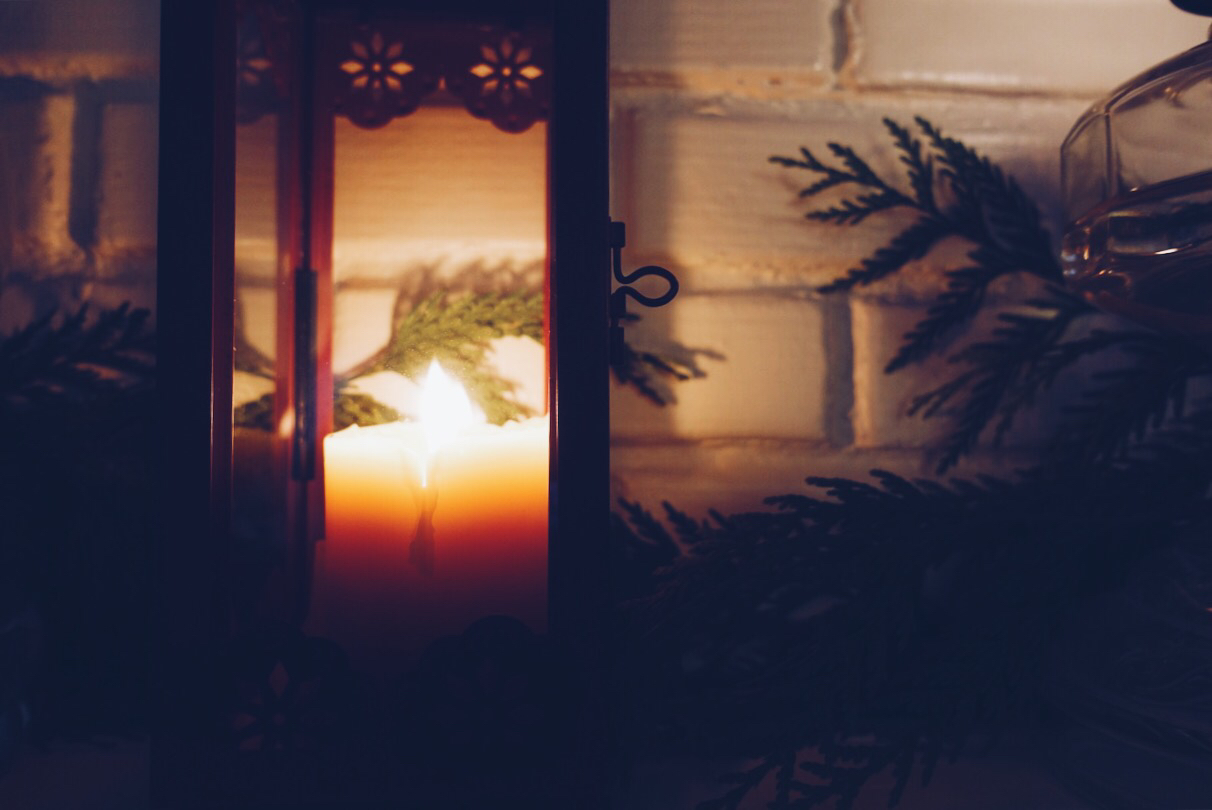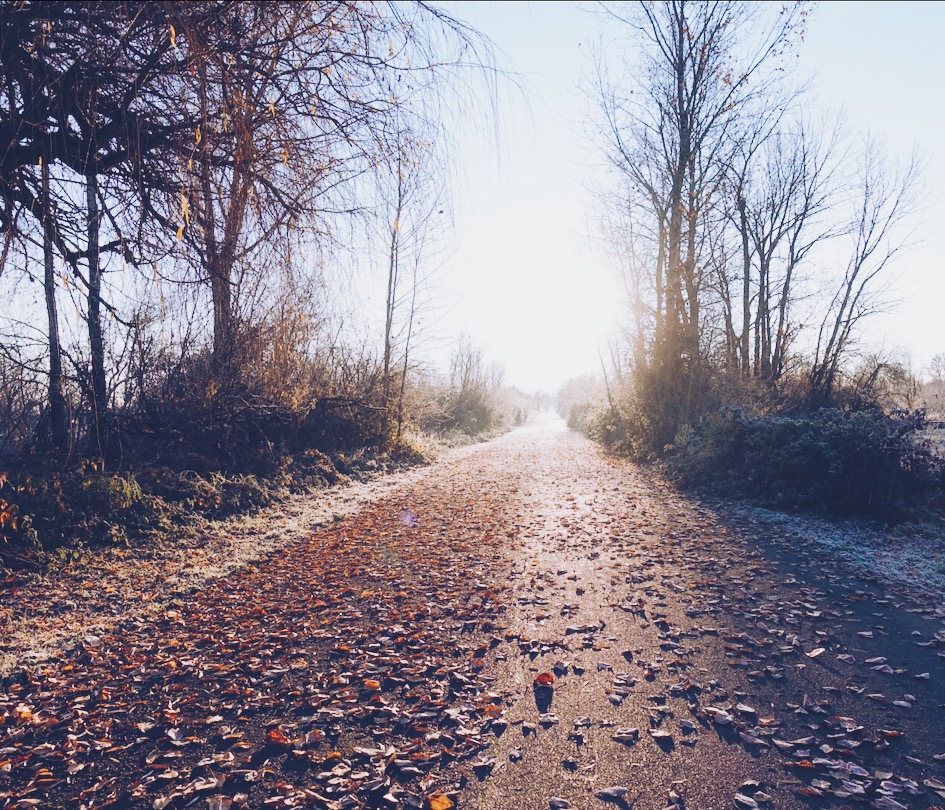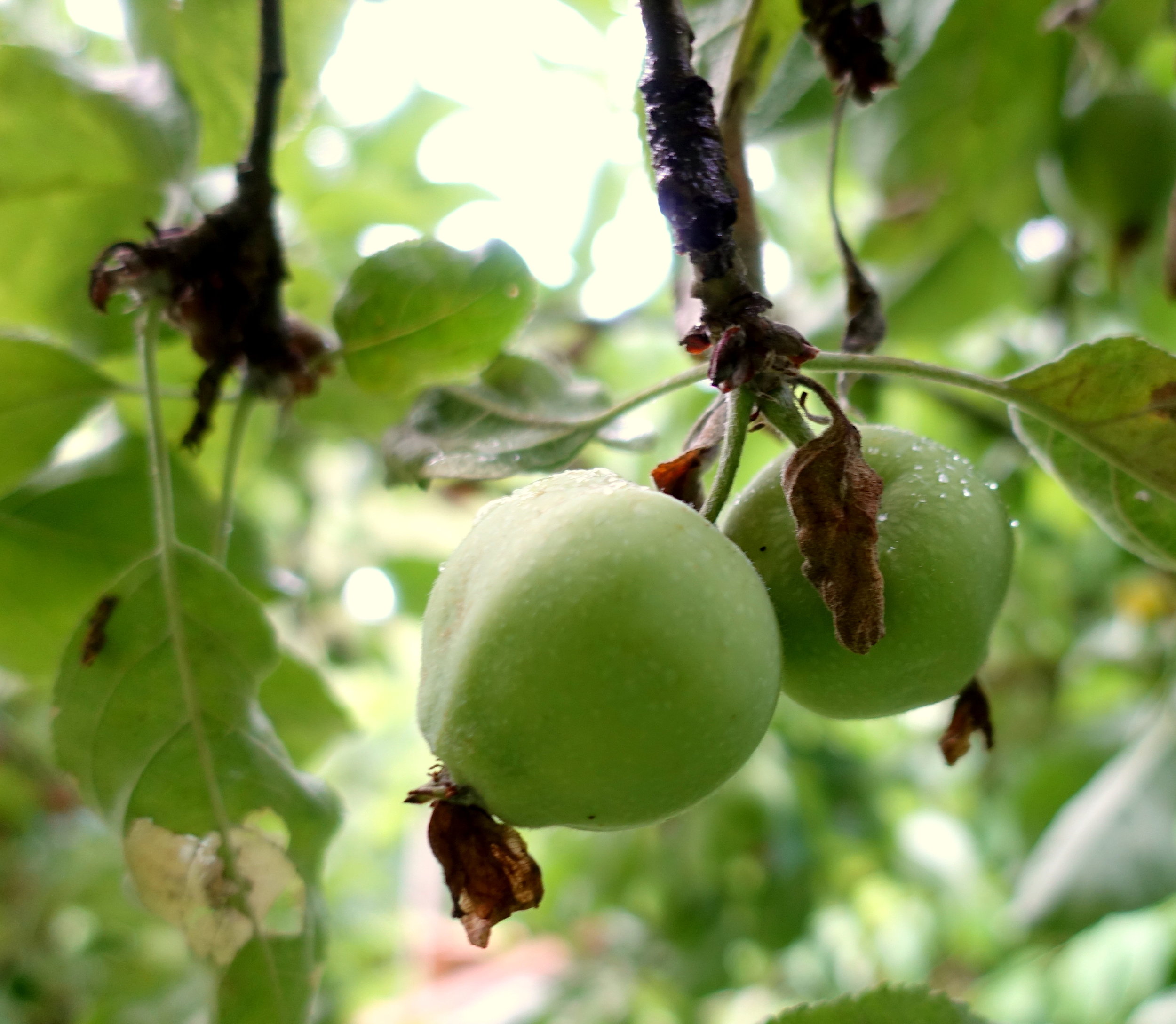christmas, in twelve days
/It's the middle of the third week of Advent and despite my well laid plans, I am as unprepared for Christmas as I've ever been. This weekend we'll get our tree. (One advantage to waiting this long is the tree farms usually start discounting their trees; the biggest, most perfect ones are picked over, but we live in a hobbity kind of house anyway and we just want something small and natural looking, so it works in our favor.) After a month of everyone else's lights and decorations, I'm so looking forward to the arrival of Christmas at our house!Christmas lasts for twelve days, from the 25th of December through Epiphany, on January the 6th. There are several saint's days in that span and lots of different ways to celebrate, but I promised to share a bit of what we do here. Honestly, it's nothing dramatic. So much of the excitement of Christmas is simply the build up that comes through the waiting of Advent.We usually attend a church service on Christmas Eve, then wake up Christmas morning and celebrate in the usual way with gifts (if there are any) and breakfast and spending the day with family.The 26th is St Stephen's Day (or Boxing Day). "Boxing" refers to an old English custom of masters filling the banks or "boxes" of apprentices with monetary gifts. It's a day to think of charitable giving. You could box up some things to donate or open a piggy bank to make a donation. We'll make sure to play "Good King Wenceslaus" that night and talk over our giving goals for the next year.The 27th is St John the Evangelist's Day. Tradition says he was served poisoned wine and survived! We'll make mulled wine that day. (I love St. John's Day!) You can mull apple cider instead, for nondrinkers and children.
Gluhwein recipe:1 bottle cheap red wine3/4 c water1/2 c honey or sugar2 cinnamon sticks1 orange10 cloves2 star anise (optional)Orange liquer, brandy or rum (optional)Put water in pan to boil. Add honey or sugar until dissolved. Put the cloves in the orange, slice it into halves, squeeze in the juice and then put the squeezed halves in. Add cinnamon and anise. Let simmer for ten minutes or until it begins to thicken a little. Pour in the wine, heat gently. DON'T BOIL. Remove peels, cinnamon and anise. Serve in mugs with an optional shot of liquor.
The 28th is the Feast of the Holy Innocents. Honestly, by this time, I'm ready to quit observing things for a few days, so I don't plan anything big for this. Gertrud Mueller Nelson celebrates children in some way on this day and I think it's a good time to bless your children - or children you know - with an actual blessing, or at least by telling them you love them.
A Celtic children's blessing:Grow gently, (name of child),in love of God.We bless you,and prayChrist be near you,now and each hourof your life.
My husband's company closes down for the week between Christmas and New Year, so we'll use this time to rest, hike, visit the ocean, do puzzles, etc. I also like to finish writing the Christmas cards and send them out and prepare the new calendars and journals for the upcoming year. We celebrate New Year's Eve/Day pretty quietly. We sometimes gather with friends or family, sometimes stay home. Almost always though, we write out plans and hopes for the next year.January 5th is Twelfth Night. There are a lot of fun traditions for Twelfth Night parties. We don't usually invite people over, but we do make a cake and hide a bean inside. The person who receives the bean in their slice of cake gets to be the King/Queen for the night (if you make a paper crown and find a scepter for them, all the better) and choose when to have more mulled wine, what movie to watch or game to play, etc. This is also a traditional time to pack up the tree and put away the decorations. (Except for the creche! The wise men are just arriving to meet the newborn King!)January 6th is Epiphany. Depending on how you count, technically the 13th day after Christmas, but it's the day when the light of Christ is revealed to the world (the Magi have arrived!) Some families save their gifts until this day. Personally, I like to have the Christmas decorations put away the night before so that this day feels light and clean and fresh. Apparently, I just discovered, in Ireland, this is also called "Women's Christmas" because all the work of celebrating is done and women can get together for high tea (with wine!) I mean...yes! I may just invite some ladies over and celebrate that day!Hope that gives you some ideas for an easy, beautiful Christmas celebration! I'd love to hear how you will celebrate these twelve days!Merry Christmas, friends!tonia
We celebrate New Year's Eve/Day pretty quietly. We sometimes gather with friends or family, sometimes stay home. Almost always though, we write out plans and hopes for the next year.January 5th is Twelfth Night. There are a lot of fun traditions for Twelfth Night parties. We don't usually invite people over, but we do make a cake and hide a bean inside. The person who receives the bean in their slice of cake gets to be the King/Queen for the night (if you make a paper crown and find a scepter for them, all the better) and choose when to have more mulled wine, what movie to watch or game to play, etc. This is also a traditional time to pack up the tree and put away the decorations. (Except for the creche! The wise men are just arriving to meet the newborn King!)January 6th is Epiphany. Depending on how you count, technically the 13th day after Christmas, but it's the day when the light of Christ is revealed to the world (the Magi have arrived!) Some families save their gifts until this day. Personally, I like to have the Christmas decorations put away the night before so that this day feels light and clean and fresh. Apparently, I just discovered, in Ireland, this is also called "Women's Christmas" because all the work of celebrating is done and women can get together for high tea (with wine!) I mean...yes! I may just invite some ladies over and celebrate that day!Hope that gives you some ideas for an easy, beautiful Christmas celebration! I'd love to hear how you will celebrate these twelve days!Merry Christmas, friends!tonia














